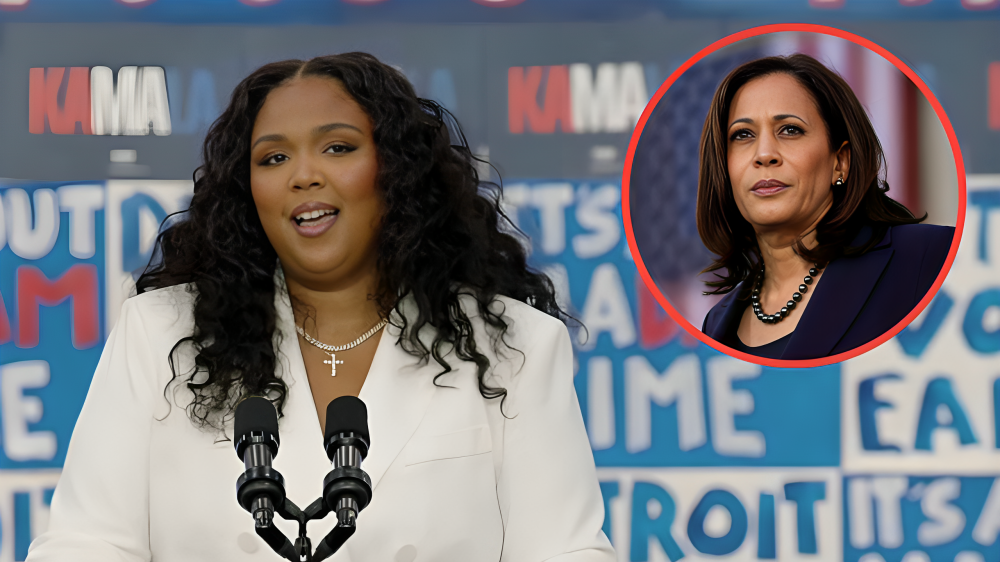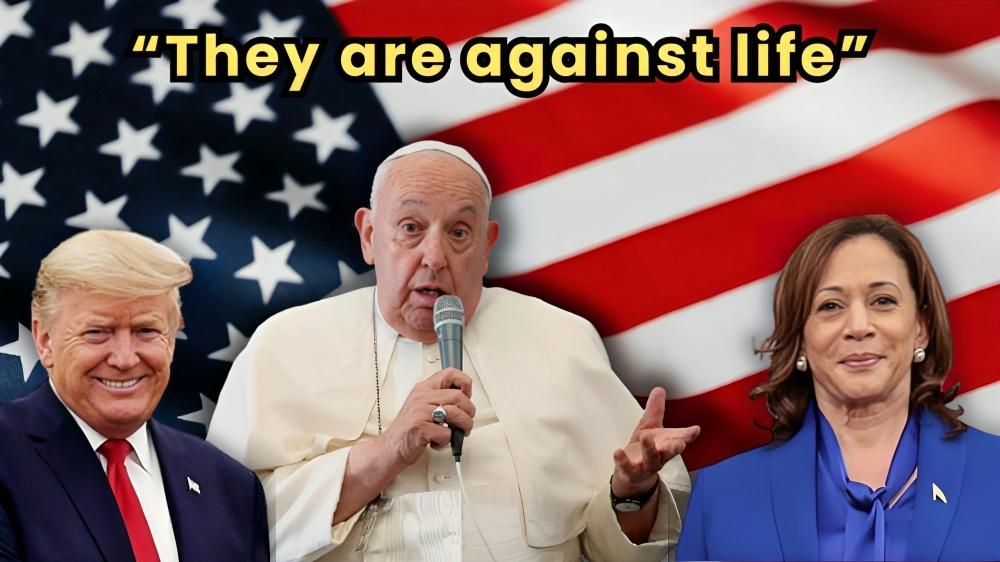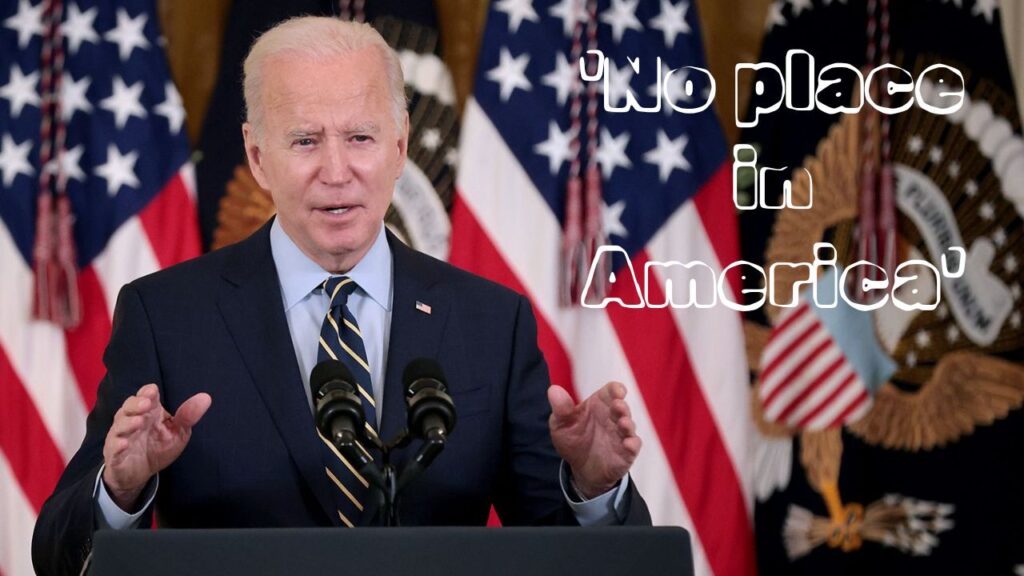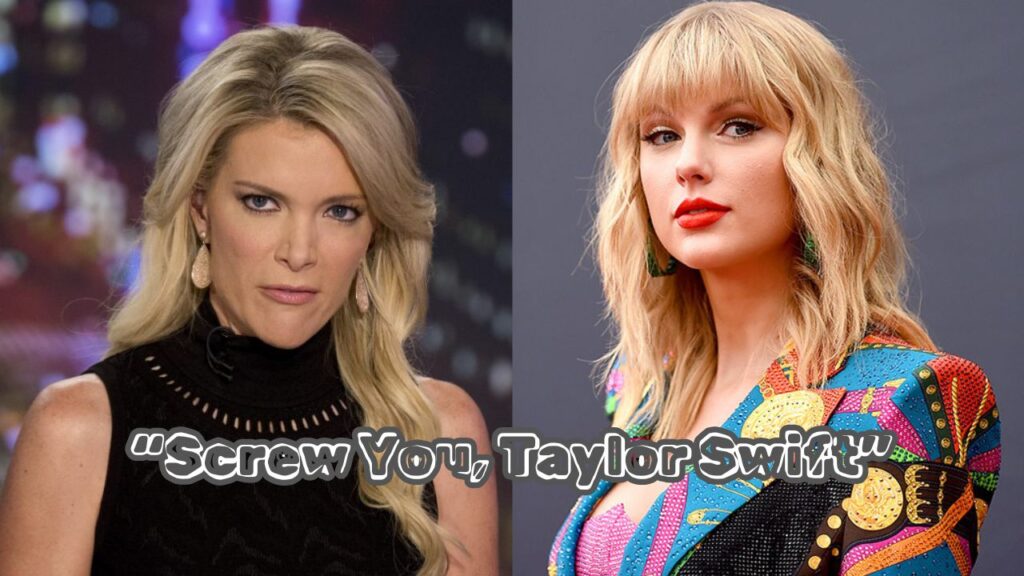Grammy-winning pop star Lizzo, known for her bold activism and outspokenness, is no stranger to stirring up conversations online. However, her recent comment comparing the future of the United States under Vice President Kamala Harris’s leadership to Detroit has sparked a wave of criticism. In a social media post, Lizzo remarked that if Kamala Harris were to become president, “the whole country will be like Detroit,” igniting fierce debates among her fans and critics alike. This comment was perceived by many as a slight against the city of Detroit, known for its historical struggles with economic decline and urban decay, despite its rich cultural legacy and efforts at revitalization.
Detroit’s Complicated Legacy
Detroit, once the powerhouse of the American auto industry, has faced significant challenges over the last several decades, including economic recession, population decline, and bankruptcy in 2013. While the city has been slowly rebounding, with investments in tech, real estate, and a growing arts scene, its struggles with poverty, crime, and urban blight still dominate national perceptions.
Lizzo’s comment came across as offensive to many Detroit residents who take pride in their city’s resilience and ongoing recovery. Critics were quick to point out that her statement was an oversimplification of Detroit’s complex history and current efforts to rebuild.
The Role of Kamala Harris
Kamala Harris, the first female Vice President and a woman of color, has been both celebrated and criticized for her role in the Biden administration. Some see her as a potential candidate for the presidency in the future, which is where Lizzo’s comment struck a political chord. By suggesting that a country led by Harris would mirror the challenges faced by Detroit, Lizzo inadvertently touched on the larger issue of urban decay, systemic inequality, and the often unfair negative comparisons made with cities like Detroit.
Backlash from Fans and Critics
Lizzo’s comment quickly went viral, with many taking to social media to express their disappointment. Critics accused her of reinforcing harmful stereotypes about Detroit, a city that has long been a symbol of the decline of American manufacturing and urban disinvestment. Many felt that Lizzo, as a public figure who advocates for inclusivity and social justice, should have been more thoughtful in her words.
Detroiters, in particular, were vocal about their frustration. “Detroit is a city with heart, strength, and creativity. It’s not a punchline for cheap political commentary,” wrote one Twitter user, summing up the sentiments of many residents who feel proud of their city’s efforts to rise above its challenges.
Other critics pointed out that her comment inadvertently undermined the very communities she claims to champion. Detroit has a predominantly Black population and has been a cultural hub for music, art, and activism—values that Lizzo often represents in her own career.
Lizzo’s Response
Amid the growing backlash, Lizzo has not publicly addressed the controversy. Her silence on the issue has led to further speculation about whether she regrets the statement or stands by it. In the past, Lizzo has used her platform to engage in political discourse, often advocating for marginalized communities and progressive causes, which makes this controversy particularly surprising to many of her fans.
While Lizzo is known for her unapologetic approach to self-expression, this incident has raised questions about the responsibility public figures bear in making political statements. Many believe that celebrities, particularly those with large followings like Lizzo, should be more mindful of their influence and the potential consequences of their words.
.@lizzo: I'm so proud to be from Detroit. They say if Kamala Harris wins, the whole country will be like Detroit. Proud like Detroit. Resilient like Detroit. The same Detroit that innovated the auto industry and the music industry. Put some respect on Detroit's name pic.twitter.com/fSWMGCW0uH
— Kamala HQ (@KamalaHQ) October 19, 2024
The Politics of Detroit
Lizzo’s comment not only stirred up emotions related to the city of Detroit but also touched on broader political anxieties in the country. For some, Detroit represents a cautionary tale about the consequences of poor leadership, economic inequality, and mismanagement. Others see the city’s ongoing revitalization as a symbol of hope and resilience, where communities come together to rebuild in the face of adversity.
This dichotomy between the negative and positive aspects of Detroit’s legacy highlights the polarizing nature of political discourse in America. Lizzo’s comment, whether intentional or not, tapped into these divisions, drawing reactions that reflect deeper societal issues related to race, class, and urbanization.
The Future of Celebrity Activism
The backlash against Lizzo’s statement serves as a reminder of the fine line that celebrities must walk when engaging in political and social commentary. While they have the power to shape public opinion, their words can also fuel controversy if perceived as insensitive or ill-informed. Lizzo’s situation underscores the importance of considering the nuances behind any political or cultural comparison, especially when referencing cities with rich histories like Detroit.
It remains to be seen whether Lizzo will directly address the controversy or let it fade from public attention. What is clear, however, is that her comment has ignited a broader conversation about the responsibility of celebrities in political discourse and the ongoing challenges faced by cities like Detroit in the American imagination.
Lizzo’s comment about Kamala Harris and Detroit has sparked intense reactions online, with many criticizing her for perpetuating negative stereotypes about a city that has endured much hardship but is also full of resilience and hope. While Lizzo has yet to respond to the backlash, the controversy serves as a broader reflection on how public figures navigate political conversations and the responsibilities they bear when speaking to millions of followers.
Ultimately, this incident reminds us that words matter, especially in a time when social and political divides run deep, and cities like Detroit symbolize both the struggles and strengths of America itself.





